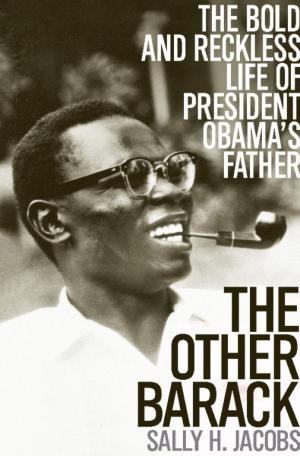Talk on the Wild Side
Why Language Can't Be Tamed
Nonfiction, Reference & Language, Language Arts, Linguistics| Author: | Lane Greene | ISBN: | 9781610398343 |
| Publisher: | PublicAffairs | Publication: | November 6, 2018 |
| Imprint: | The Economist | Language: | English |
| Author: | Lane Greene |
| ISBN: | 9781610398343 |
| Publisher: | PublicAffairs |
| Publication: | November 6, 2018 |
| Imprint: | The Economist |
| Language: | English |
Language is the most human invention. Spontaneous, unruly, passionate, and erratic it resists every attempt to discipline or regularize it--a history celebrated here in all its irreverent glory.
Language is a wild thing. It is vague and anarchic. Style, meaning, and usage are continually on the move. Throughout history, for every mutation, idiosyncrasy, and ubiquitous mistake, there have been countervailing rules, pronouncements and systems making some attempt to bring language to heel.
From the utopian language-builder to the stereotypical grammatical stickler to the programmer trying to teach a computer to translate, Lane Greene takes the reader through a multi-disciplinary survey of the many different ways in which we attempt to control language, exploring the philosophies, motivations, and complications of each. The result is a highly readable caper that covers history, linguistics, politics, and grammar with the ease and humor of a dinner party anecdote.
Talk on the Wild Side is both a guide to the great debates and controversies of usage, and a love letter to language itself. Holding it together is Greene's infectious enthusiasm for his subject. While you can walk away with the finer points of who says "whom" and the strange history of "buxom" schoolboys, most of all, it inspires awe in language itself: for its elegance, resourcefulness, and power.
Language is the most human invention. Spontaneous, unruly, passionate, and erratic it resists every attempt to discipline or regularize it--a history celebrated here in all its irreverent glory.
Language is a wild thing. It is vague and anarchic. Style, meaning, and usage are continually on the move. Throughout history, for every mutation, idiosyncrasy, and ubiquitous mistake, there have been countervailing rules, pronouncements and systems making some attempt to bring language to heel.
From the utopian language-builder to the stereotypical grammatical stickler to the programmer trying to teach a computer to translate, Lane Greene takes the reader through a multi-disciplinary survey of the many different ways in which we attempt to control language, exploring the philosophies, motivations, and complications of each. The result is a highly readable caper that covers history, linguistics, politics, and grammar with the ease and humor of a dinner party anecdote.
Talk on the Wild Side is both a guide to the great debates and controversies of usage, and a love letter to language itself. Holding it together is Greene's infectious enthusiasm for his subject. While you can walk away with the finer points of who says "whom" and the strange history of "buxom" schoolboys, most of all, it inspires awe in language itself: for its elegance, resourcefulness, and power.















